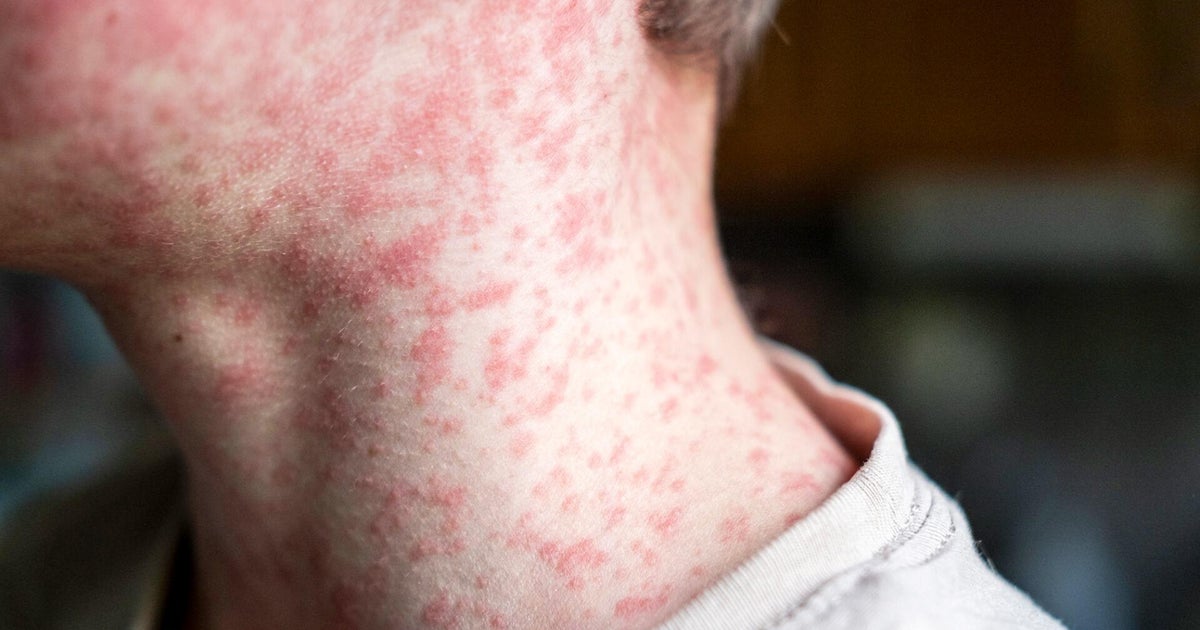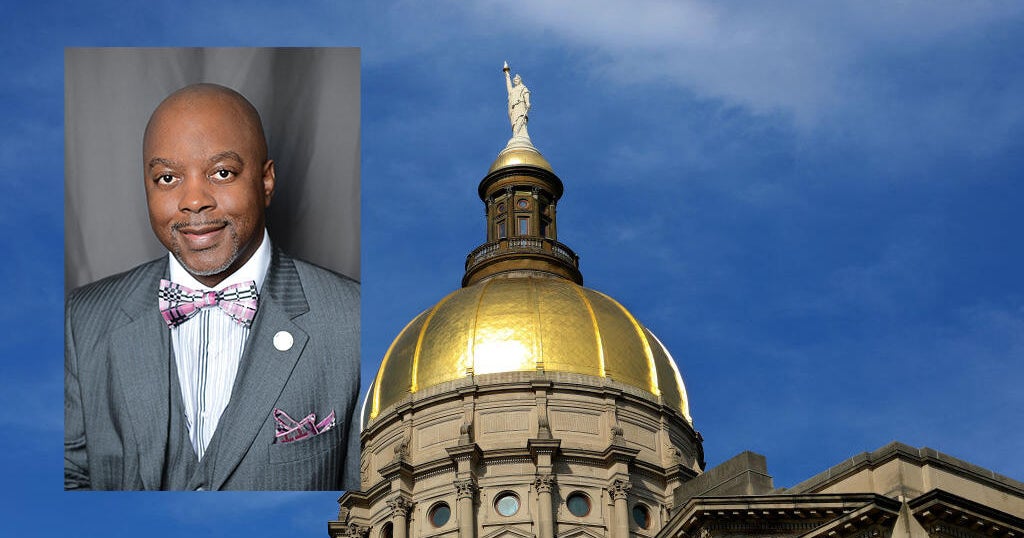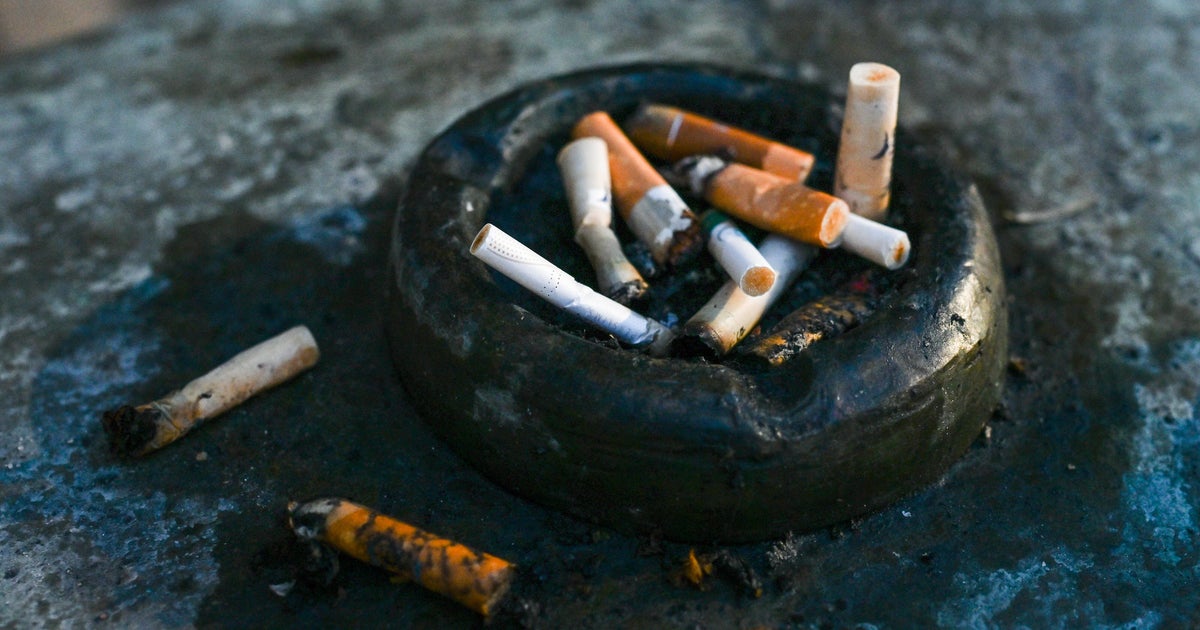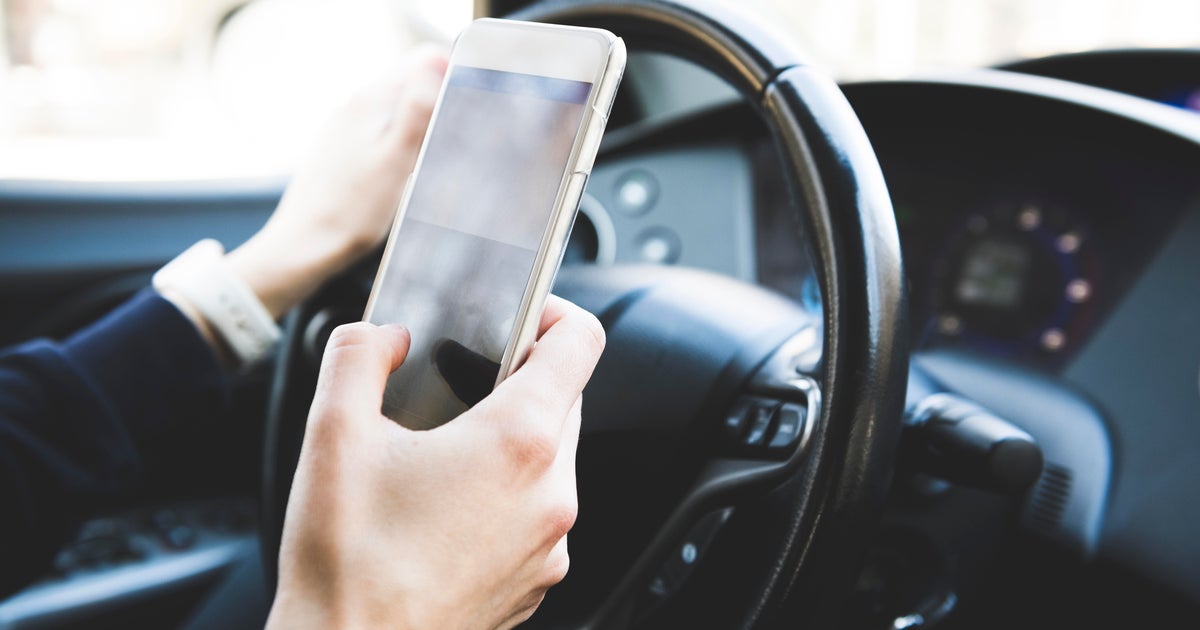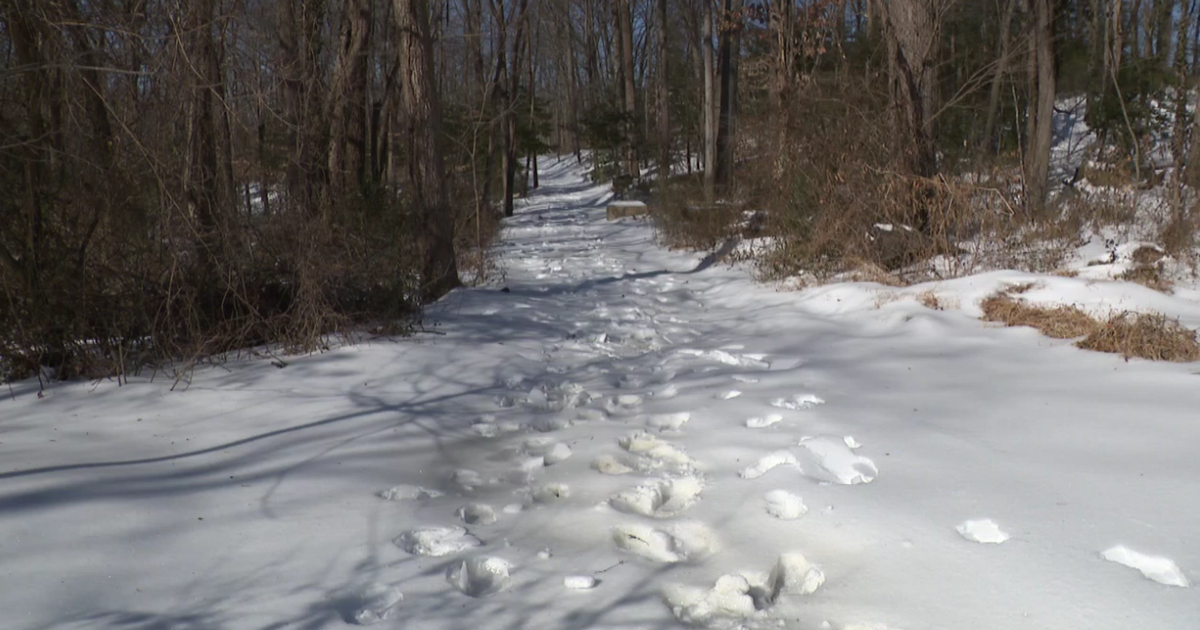Most Americans aren't worried about getting COVID-19 this holiday season, survey found
(CNN) - Most adults in the United States are not worried about getting sick with COVID-19 or spreading it over the holidays, a new survey from KFF found. Only about half say they plan to get the latest vaccine, and there's a similar split around plans to take other precautions.
Overall, about three-quarters of adults say they are "not too worried" or "not at all worried" about getting COVID-19 over the holidays, and two-thirds say they are not worried about spreading the virus to people close to them, according to the new survey.
Concern about rising cases and hospitalizations is slightly higher, with nearly half (46%) of adults saying they are "very" or "somewhat" worried that COVID-19 hospitalizations will increase this winter - about the same as last year.
The latest data from the US Centers for Disease Control and Prevention shows that there were about 14,700 COVID-19 hospitalizations for the week ending November 4, compared with about 23,600 hospitalizations during a comparable week in 2022. But last year, hospitalizations rose significantly the week after Thanksgiving after a similar lull. Flu activity is also starting to rise across the US, CDC data shows.
COVID-19 vaccination can significantly reduce the risk of severe illness and hospitalization, yet just over half of adults say that they do not plan to get the latest COVID-19 vaccine that became available in September, including nearly a third of adults who have previously been vaccinated against the coronavirus. Lack of concern about the virus was a factor for most of those who got an earlier version of the vaccine but haven't gotten the newest one, the KFF survey found.
And about half of adults say they do not plan to take other precautions to reduce their risk, the KFF survey found. Only about a third of adults say they plan to avoid large gatherings this respiratory virus season, more than a quarter plan to wear a mask in crowded places or avoid travel, and about a fifth said they would avoid indoor restaurants or take a COVID-19 test before visiting family and friends.
There are stark political divides and differences among racial and ethnic groups in attitudes toward COVID-19, the survey data shows.
Democrats are about three times more likely than Republicans to say they've gotten the new shot or plan to do so, and they're more than twice as likely to say they will take precautions against COVID-19 this respiratory virus season.
Black and Hispanic adults are much more likely than White adults to say they plan to take at least one precaution and more likely to say they have gotten the new vaccine or plan to do so.
The findings in the KFF report are based on responses from a nationally representative sample of about 1,400 adults who were interviewed between October 31 and November 7.


